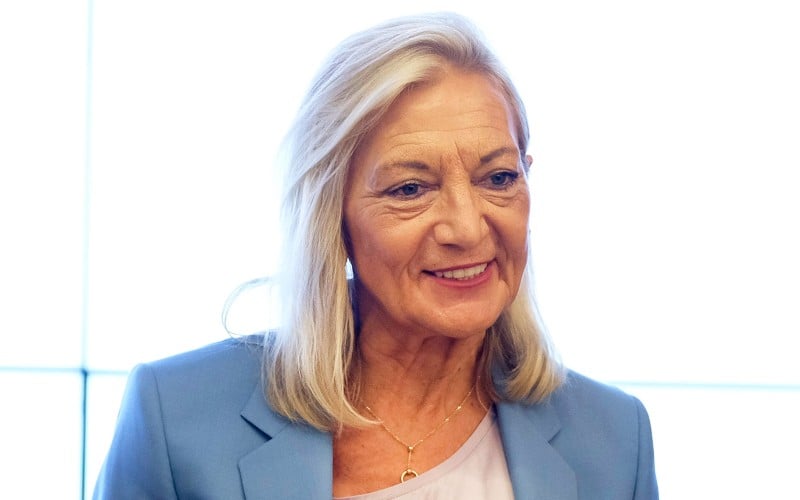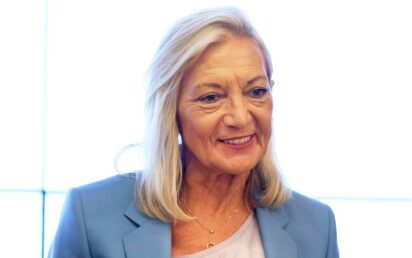The latest annual report on the Investing in Women Code has shown progress in boosting female entrepreneurs.
The initiative, a commitment to improve access to finance for women-led businesses, was recommended by the government-commissioned Rose Review, led by NatWest CEO Alison Rose, into how best to boost female entrepreneurship.
The code sets out commitments to support the advancement of women entrepreneurs in the UK by improving their access to the tools, resources and finance they need to achieve their goals.
Signatories to the code include angel investment groups, venture and growth investors and high street banks including Barclays, NatWest and Santander.
The second annual report on the code found that in 2021, 34% of venture capital deals made by code signatories were in companies with at least one female founder, compared to an industry average of 24%.
It also showed that in 2021, the average amount of early-stage angel investment being sought by all-female teams (£791k) was very similar to all-male teams (£823k). This is a significant and encouraging change from 2020, when all-female teams requested less than 50% of the amounts requested by male-only teams.
The number of code signatories has now reached 160, with a notable increase in the number of venture and growth capital firms joining, accounting for 34 of the 53 new signatories in the year to 31 March 2022.
The code is gaining recognition worldwide. A partnership between 14 countries including Australia, Canada and China, the World Bank and six regional development banks is planning to draw on the UK’s experience to create a ‘Women Entrepreneurs Finance Code’ to help the 400 million businesses owned by women around the world.
I was sacked for asking to WFH. Are companies really more flexible today?
“There are structural factors at play that hold women back when they are looking for finance,” said British Business Bank CEO Catherine Lewis La Torre.
“However, we also know that diversity is good for business and that’s why, as the UK’s economic development bank, the British Business Bank aims to break down barriers by improving access to finance for all entrepreneurs.
“As a founding signatory of the Investing in Women Code, we have focused our efforts on increasing the number of venture capital firms becoming signatories as access to venture capital can be particularly challenging for female founders.
“While I’m particularly proud of the 105 venture capital firms that have signed the code alongside other finance providers, there is more to do to drive action and I look forward to continuing this vital work to promote and support female talent.”
Jenny Tooth OBE (pictured in main image), executive chair of the UK Business Angels Association, added: “Addressing the barriers for women-led businesses in accessing Angel and early stage investment is a key priority for our work at UKBAA.
“As one of the partners for the code, it has been encouraging to see an increasing number of our Angel community signing up to this important commitment and taking actions to create change.
“Significantly, we are also seeing the impact of Angel groups with an increased proportion of women investors on the number of female founders seeking and achieving investment. We know there is more to be done and we will be working to attract many more Angel investors to sign the code in the year ahead.”


